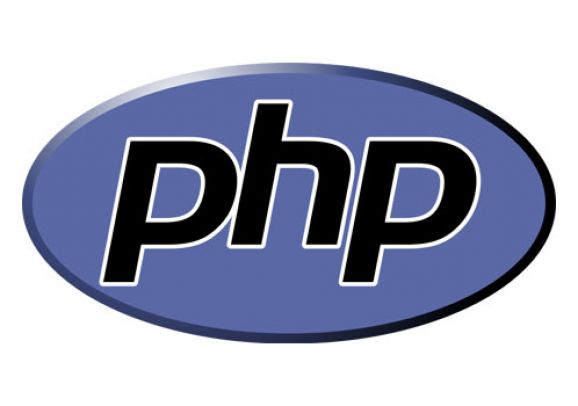Security in PHP applications are becoming major concerns over the years. For several years, PHP has been a well balanced, inexpensive platform on which to operate web-based programs. Like most web-based systems, PHP is susceptible to external attacks. Designers, database architects as well as system administrators ought to take precautions prior to deploying PHP applications to some live server. Many of these techniques can be accomplished having a few lines of code or perhaps a slight adjustment towards the application settings.
1: Handle Setup Scripts: Many web-developers store sensitive info in files for example database passwords along with other credentials. If these files aren’t properly secured a good attacker could begin to see the contents of all of them, therefore hacking the applications database, and so on. The most typical file extension with regard to .php includes documents .inc. applying this extension and not properly creating parsing guidelines in Apache, a developer could produce a major security hole within the web application.
Within Apache configuration the default file kind for unknown document extensions is text/plain. When the .inc file isn’t set to be parsed like a PHP file which is in the record root then we are able to access this file and find out the contents from it by visiting the actual corresponding URL.
The very best solution to this issue is to shop these files beyond your document underlying (e. g. /www, /public_html, and so on). A best practice would be to place the majority of essential files inside your document root. If you haven’t entered outside your record root then at least use the subsequent 2 methods:
1. Use an additional.php extension about the end of your own file. E.g.sensitive.inc.php.
2. Secure the.inc file inside a .hatches file:
2: Consist of Files: In numerous instances, developers could use an individual file in a number of portions of a credit card application. These scripts may contain an “include” directive which incorporates the code from the individual file into that from the originating page. Once the “include” file consists of sensitive information, such as usernames, passwords or database access secrets, the file must have a “.php” expansion, rather than “.inc” expansion. The “.php” extension insures that the PHP engine may process the file and stop any unauthorized sights.
3: MD5 versus SHA: In situations where clients create their personal usernames and security passwords, site administrators will frequently include functionality in order to encrypt the password data prior to the form submits the shape field entry towards the database field. Within past years, developers purchased the md5 (Message Absorb algorithm) function in order to encrypt passwords right into a 128-bit string. These days, many developers make use of the SHA-1 (Secure Hash Algorithm) function to produce a 160-bit string.
4: Automated Global Variables: A setting called “register globals” can be found in the php.ini file. Once the register globals setting is on, the PHP server may create automatic worldwide variables for most of the server’s variables as well as query strings. Whenever installing third-party deals, such as content material management software such as Joomla and Drupal, the consumer will be directed to set register globals to “off” by the installation scripts. Changing the environment to “off” protect that unauthorized customers cannot access information by guessing the name from the variable that validates security passwords.
5: Initialize Parameters and Values: Many developers have fallen to the trap of instantiating parameters without defining their own values during PHP Development, either because of time constraints, interruptions, or lack associated with effort. Variables that verify the authentication process must have values instantiated prior to the login procedure starts. This simple action can prevent customers from bypassing the verification routine or accessing regions of the site in order to which their privileges don’t entitle them.
These steps may block users from starting a brand new session on a credit card application, but what regarding protecting data throughout a session? Up to the PHP version 4.2.0 the register_globals directive’s default worth was on. Probably the most controversial change within following versions of PHP Development dealt was how the PHP core designers changed this default worth to off, not since the directive itself had been insecure, but the most popular misuse of it had been. When this directive is on, it will provide extra variables within the script such as HTML request parameters etc.
Author Bio: John is a Business Development of Induway – leading Web design & mobile apps Development Company. He is expert in PHP Development and very much interesting in PHP tools, update and always share new thing with people around the world.



